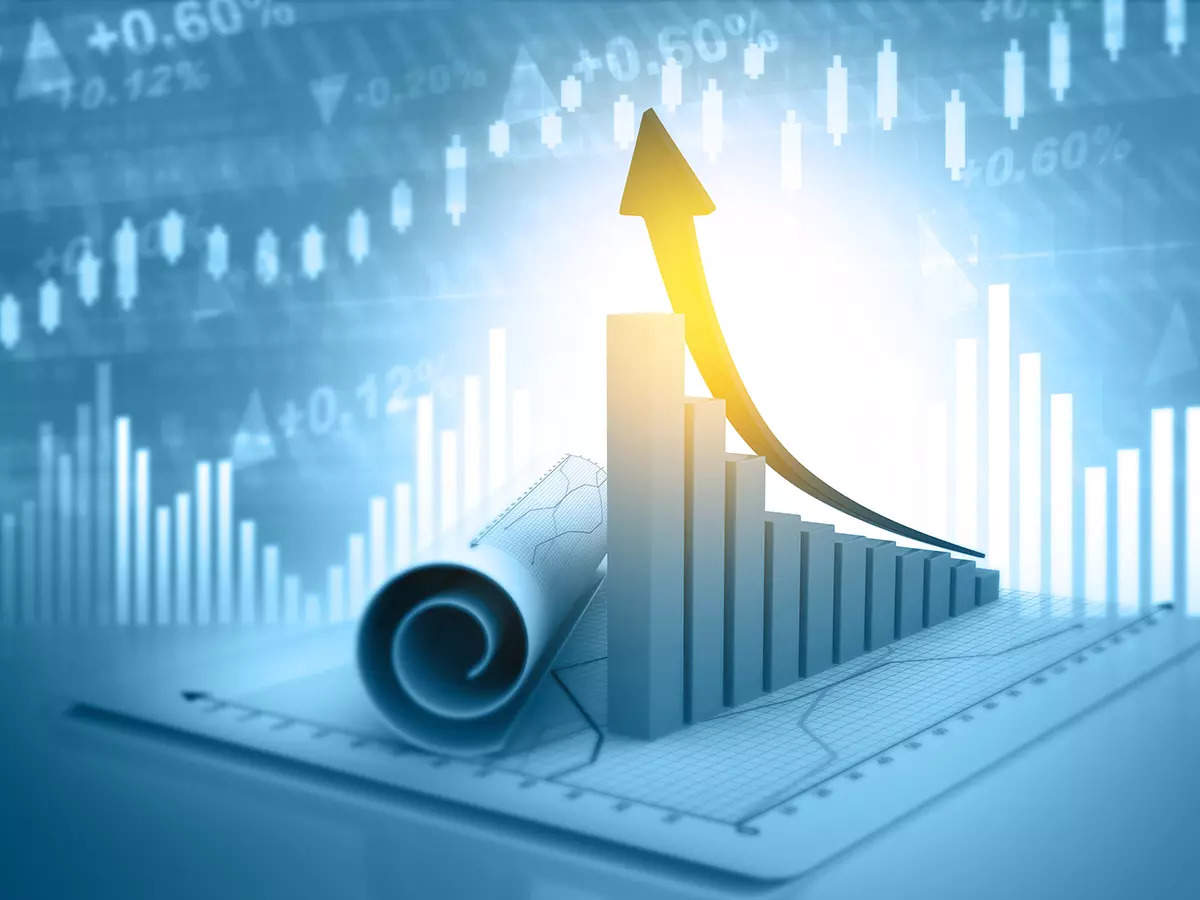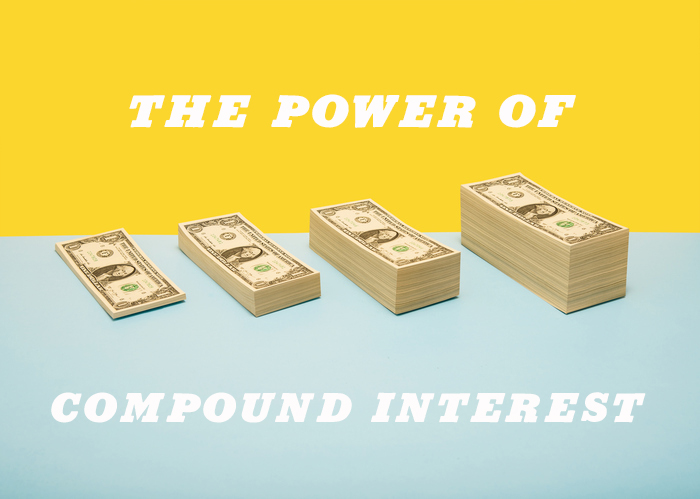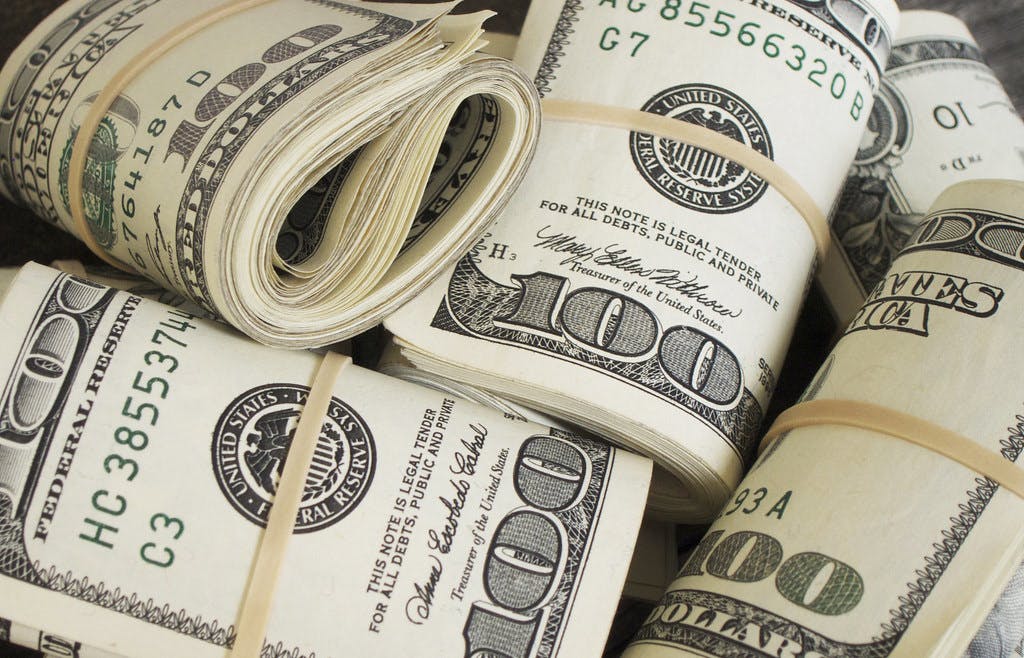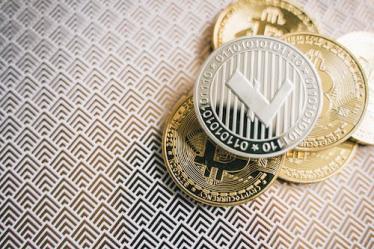The Impact of Deflation on Economic Growth
A prolonged drop in the general level of prices is known as deflation, and it can significantly impact an economy. While moderate and well-managed deflation may be advantageous, persistent and severe deflationary forces can have a negative effect on economic growth. In this article, we shall look at how deflation affects economic growth.
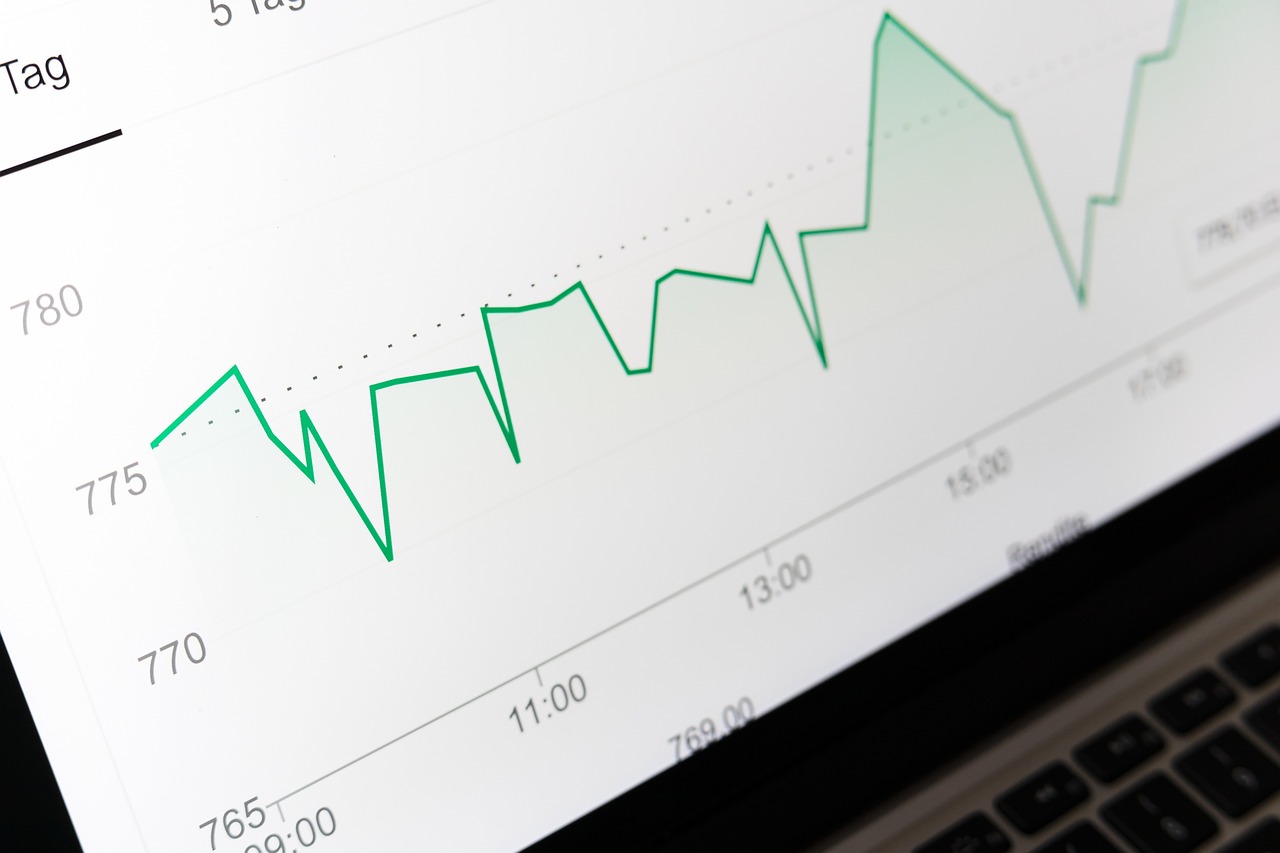
- Consumer Spending and Behavior:
Consumer spending and behavior are changed by deflation. When prices are expected to decline, people sometimes temporarily hold on to making purchases because they want to wait for when prices are even lower. The "wait-and-see" effect phenomenon may cause consumer expenditure to decline. Businesses are negatively impacted by decreased customer demand, which results in lower sales, lower profitability, and possible job losses (in a situation where it needs to be better managed). Consumer purchasing power decreases further when unemployment rates rise and wages fall, starting a vicious cycle that slows economic expansion.
Business Investment and Borrowing:
Deflation might discourage corporate borrowing and investment. To wait for more benevolent circumstances, businesses may postpone investment choices when prices decline. Reduced capital expenditure, innovation, and productivity growth result from lower corporate investment. Deflation also makes debt more 'burdensome.' The actual cost of debt and the value of money rise over time. This can make it more difficult for firms to repay their existing debt and deters them from taking on additional debt. Overall growth needs to be improved by the ensuing hesitation to borrow and spend, which limits economic expansion. 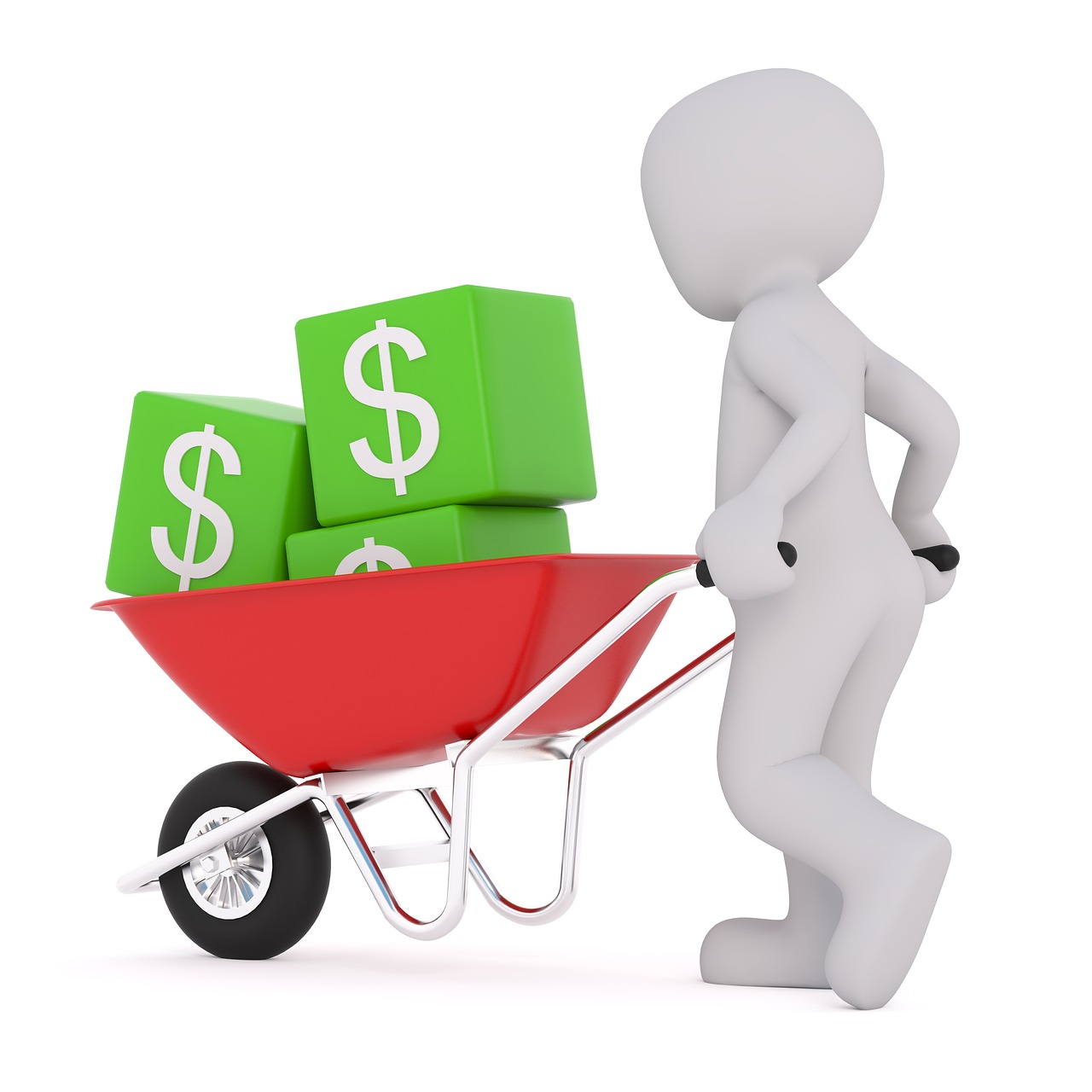
Impact on Wages and Employment:
Wages may experience downward pressure from deflation. Businesses incur decreased revenues as prices decline, which prompts cost-cutting measures like wage reductions or wage stagnation. Lower wages may lead to lower consumer purchasing power, which would keep the deflationary cycle going. Deflation also frequently results in greater unemployment rates as companies try to cut costs in response to a drop in demand. As unemployment rises, it further dampens economic growth by lowering household income and general spending.
Debt Deflation Spiral:
The possibility of a debt deflation spiral is one of the biggest worries concerning deflation. When prices fall, the real worth of debt increases, adding to borrowers' burdens. Debt repayment problems for borrowers can result in defaults and bankruptcies, aggravating the already unstable economy. Reduced access to credit, a decline in investment, and negative effects on the banking industry all contribute to a slowdown in economic activity and growth.
Conclusion
A small amount of deflation may not always be bad, but persistent and severe deflation can thwart economic expansion; hence, a carefully managed deflection is necessary for any economy to grow. Consumer behavior and spending, company investment, debt burden, wage stagnation, and unemployment rates are changed.
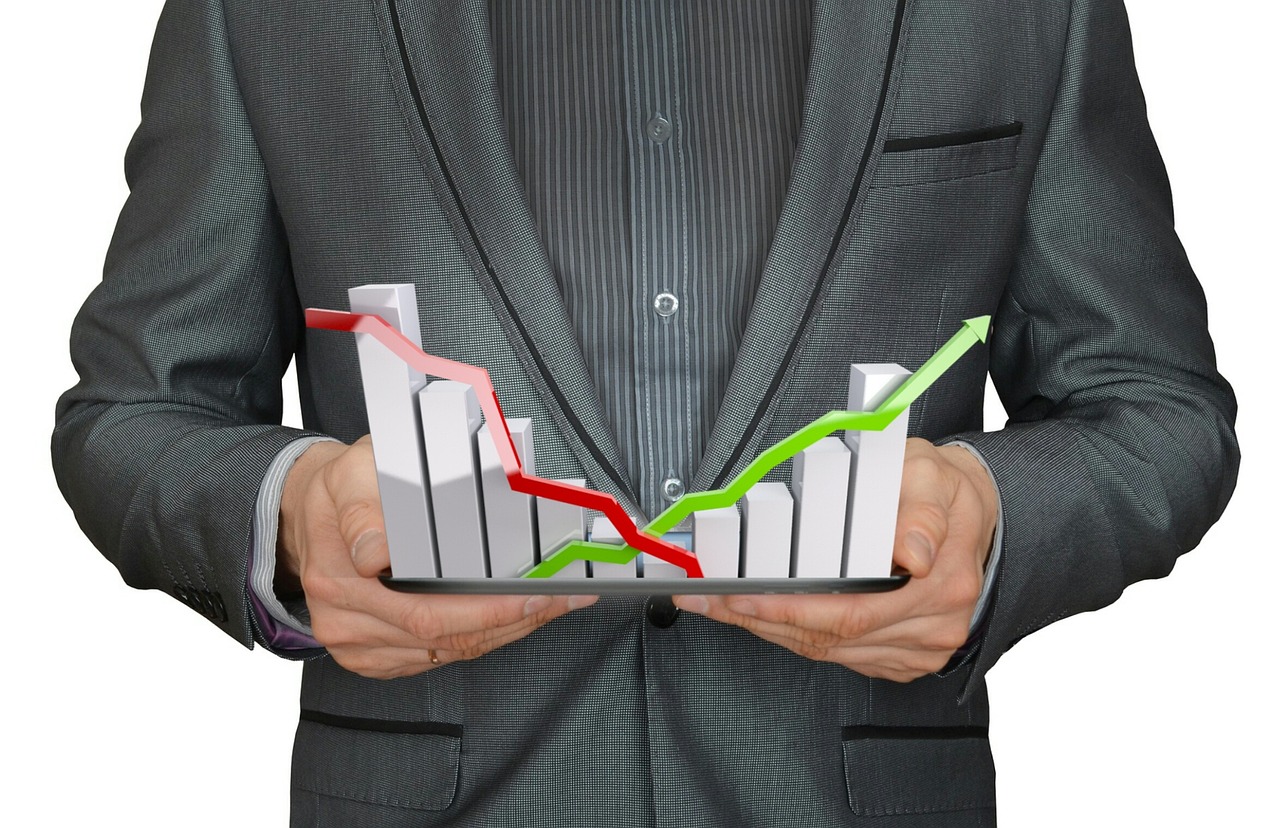
Reduced demand and economic contraction that follow can seriously impede overall economic growth. To reduce the consequences of deflationary pressures, policymakers and central banks must closely monitor them and execute expansionary monetary policies and targeted fiscal interventions to boost demand and advance economic growth.
(Writer:Lany)
